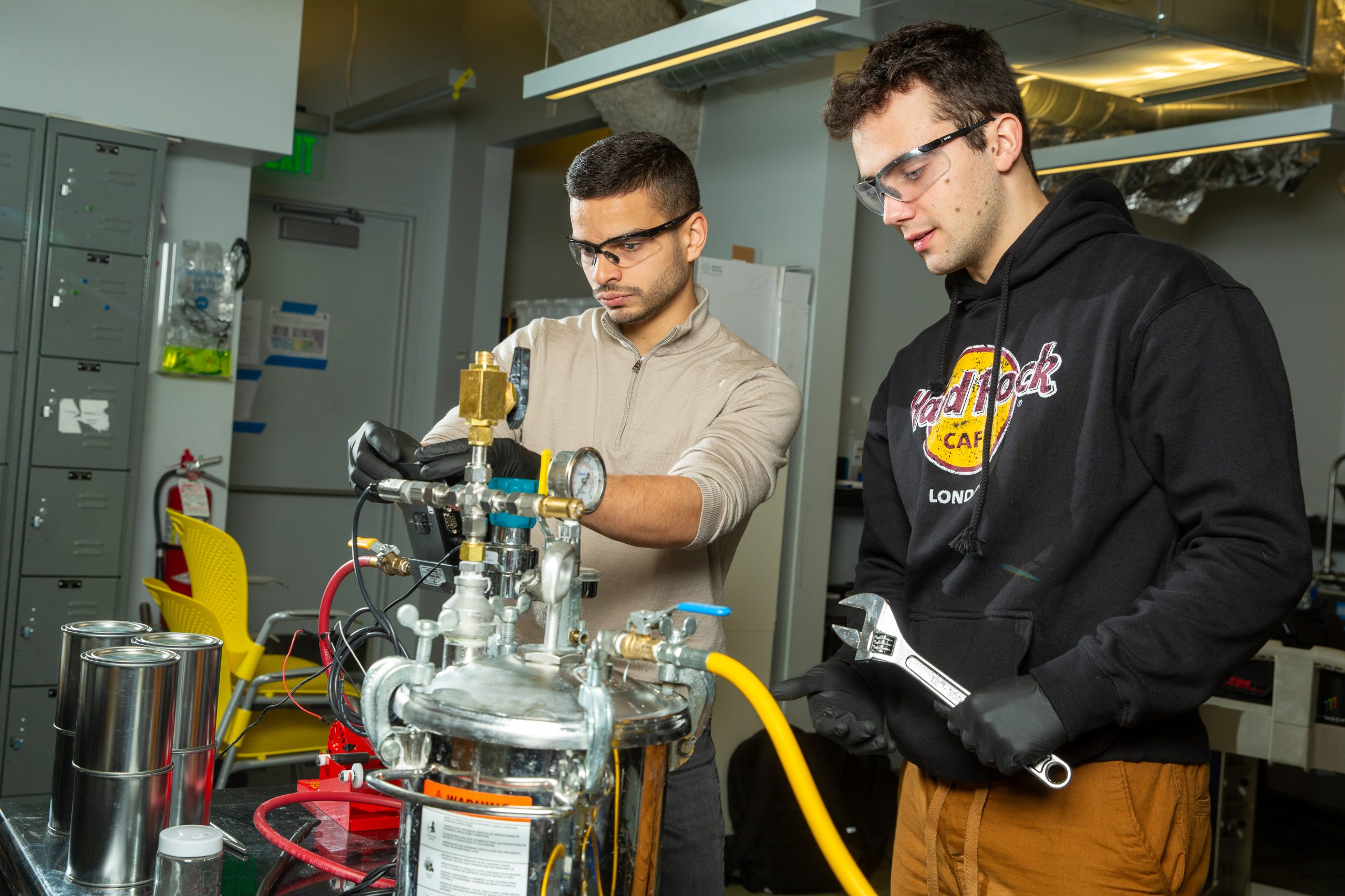When you think of tarantula venom, pain relief may be one of the last things that come to mind, but the ingredients in it could be key to new painkillers that rival opioids effectiveness.
Looking to accelerate progress in this particular research area, a recent study from the University of Washington has shed new light on how tarantula toxins shut down electrical signals in the spider’s prey — findings that may pave the way for scientists to recreate this effect through advanced medicine that can treat chronic pain.
As part of their research, the scientists investigated how the arachnid’s poison acts on small sensors located in the cell membranes that generate currents. Called voltage sensors, these are normally responsible for sending signals that operate nerves and muscles. The venom serves to lock these down so that they remain inactive.
“The action of the toxin has to be immediate because the tarantula has to immobilize its prey before it takes off,” explains William Catterall.
This new perspective on how this mechanism works enabled the team to create a model that featured the tarantula toxin interacting with a toxin-binding region in the body that plays an essential role in transmitting pain information between parts of the central nervous system.
The scientists’ discovery opens new doors in the pursuit of advanced drugs that recreate the lockdown effects of the tarantula venom and potentially relieve chronic pain without the need for opioids.












